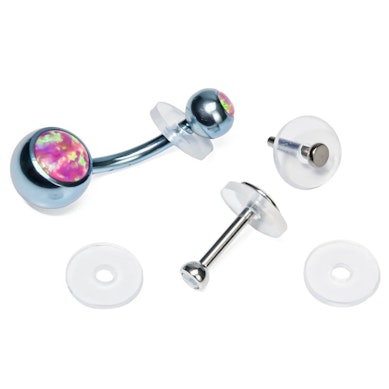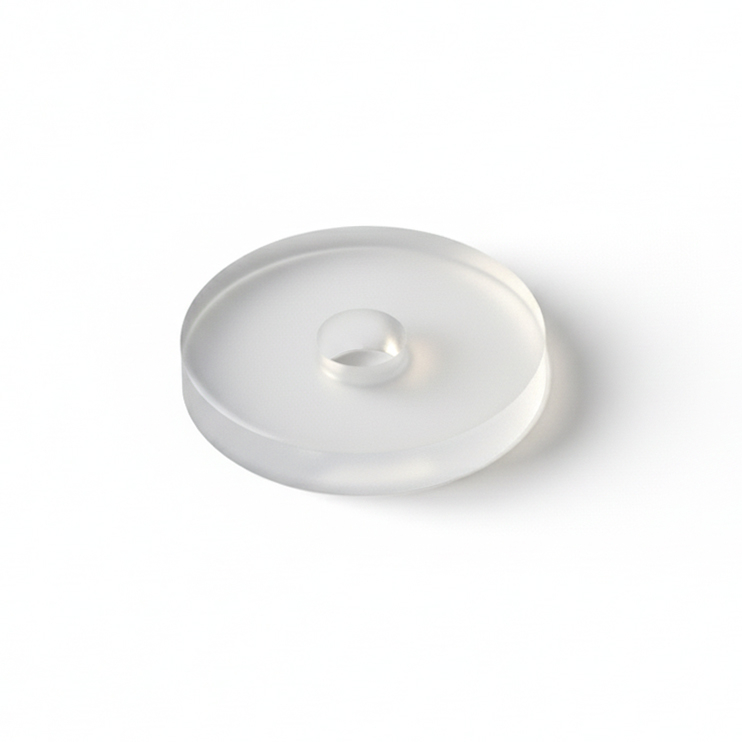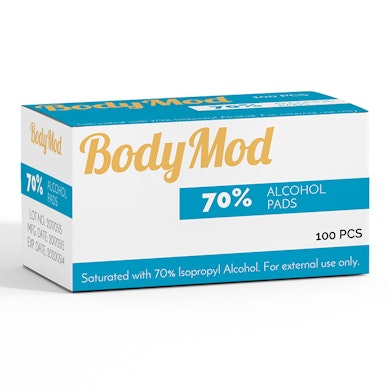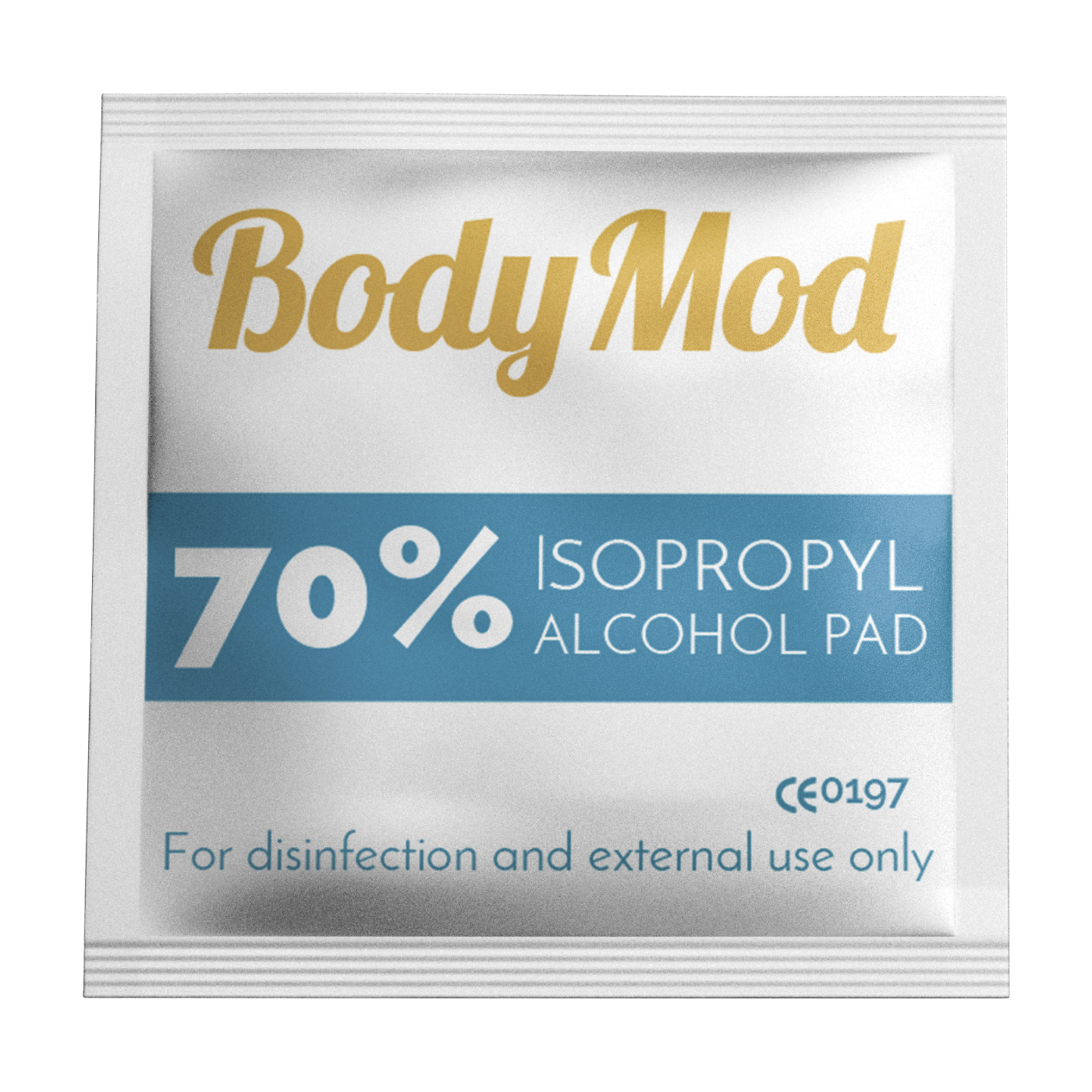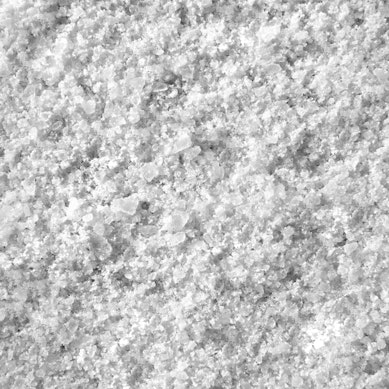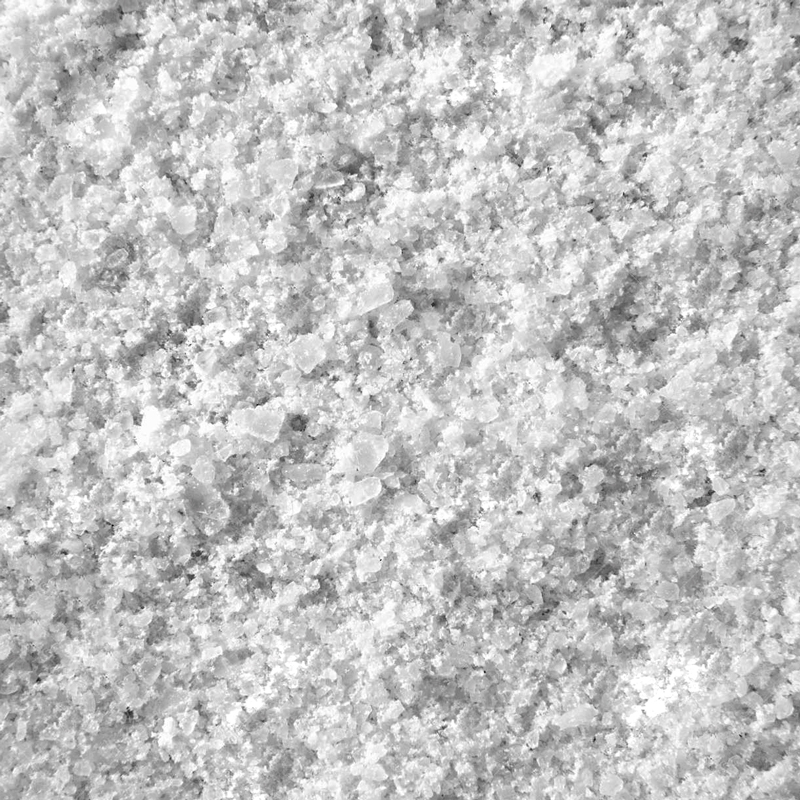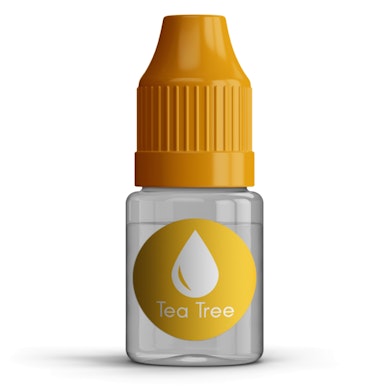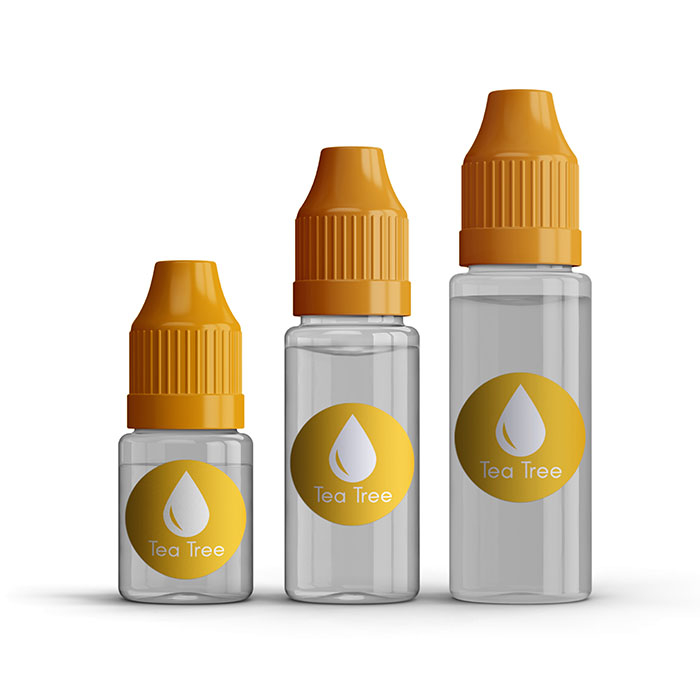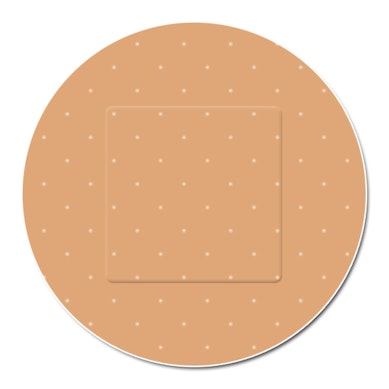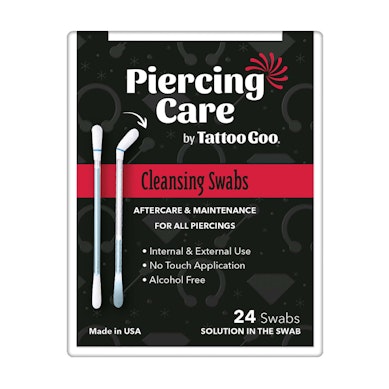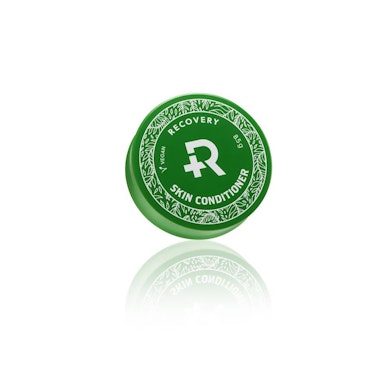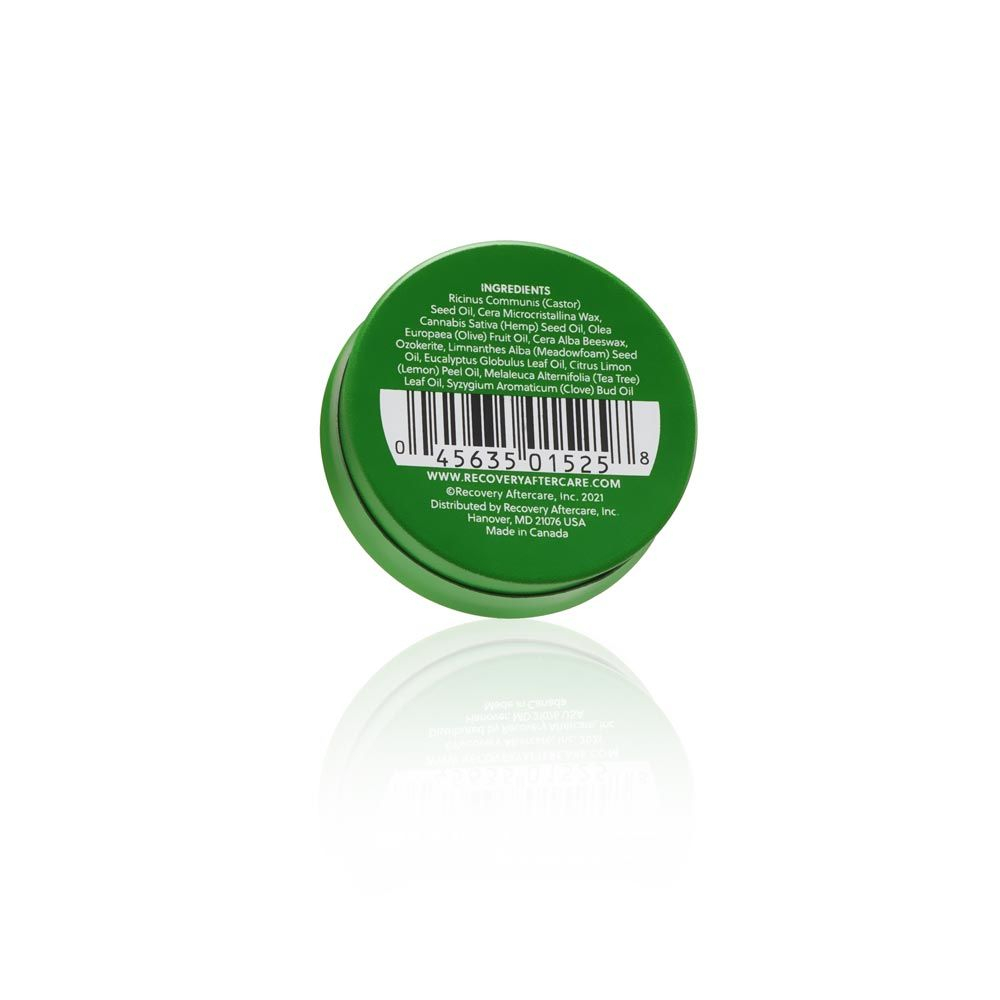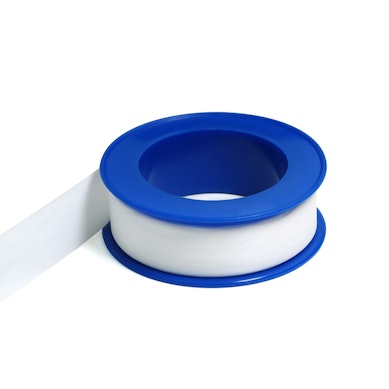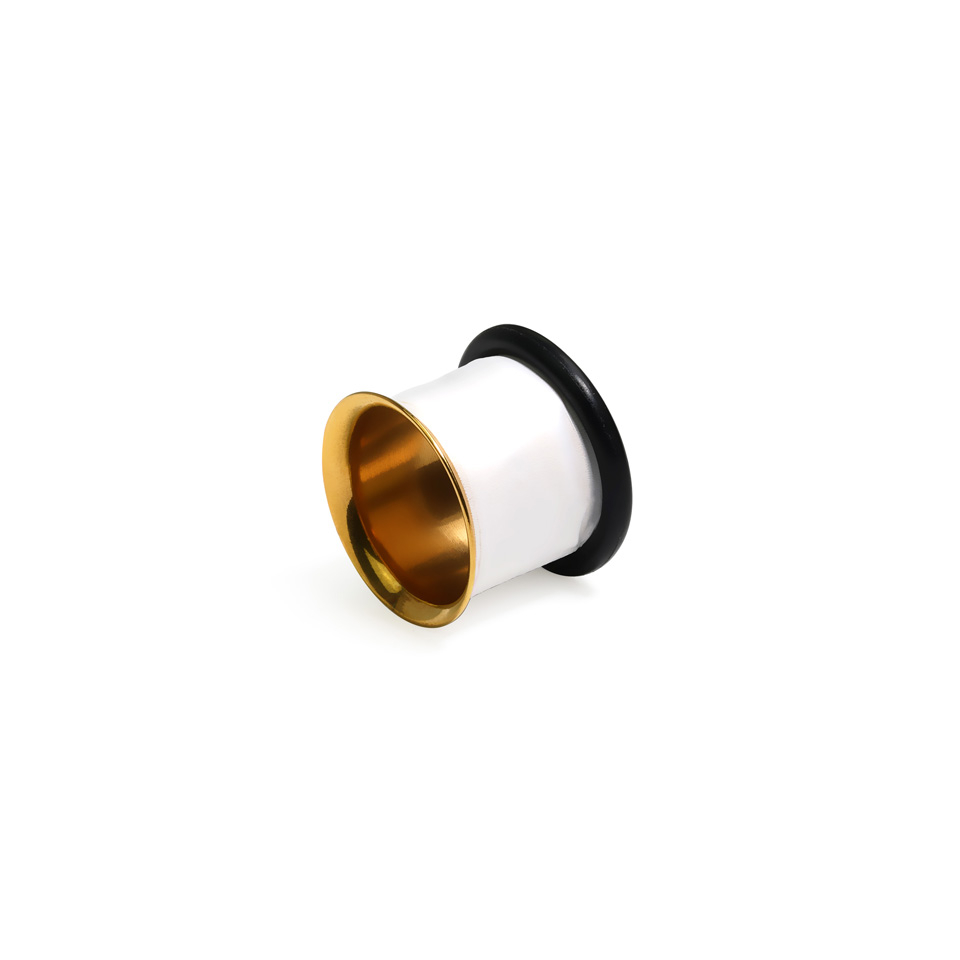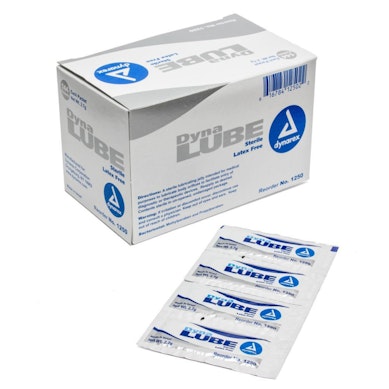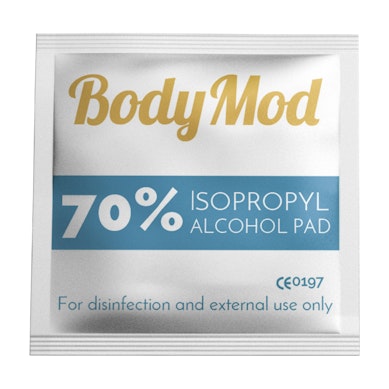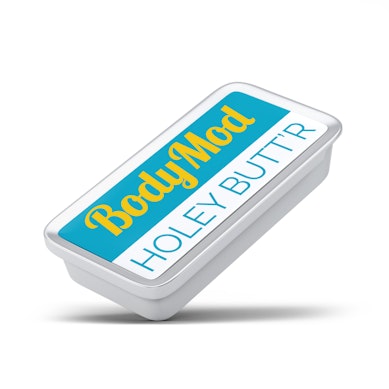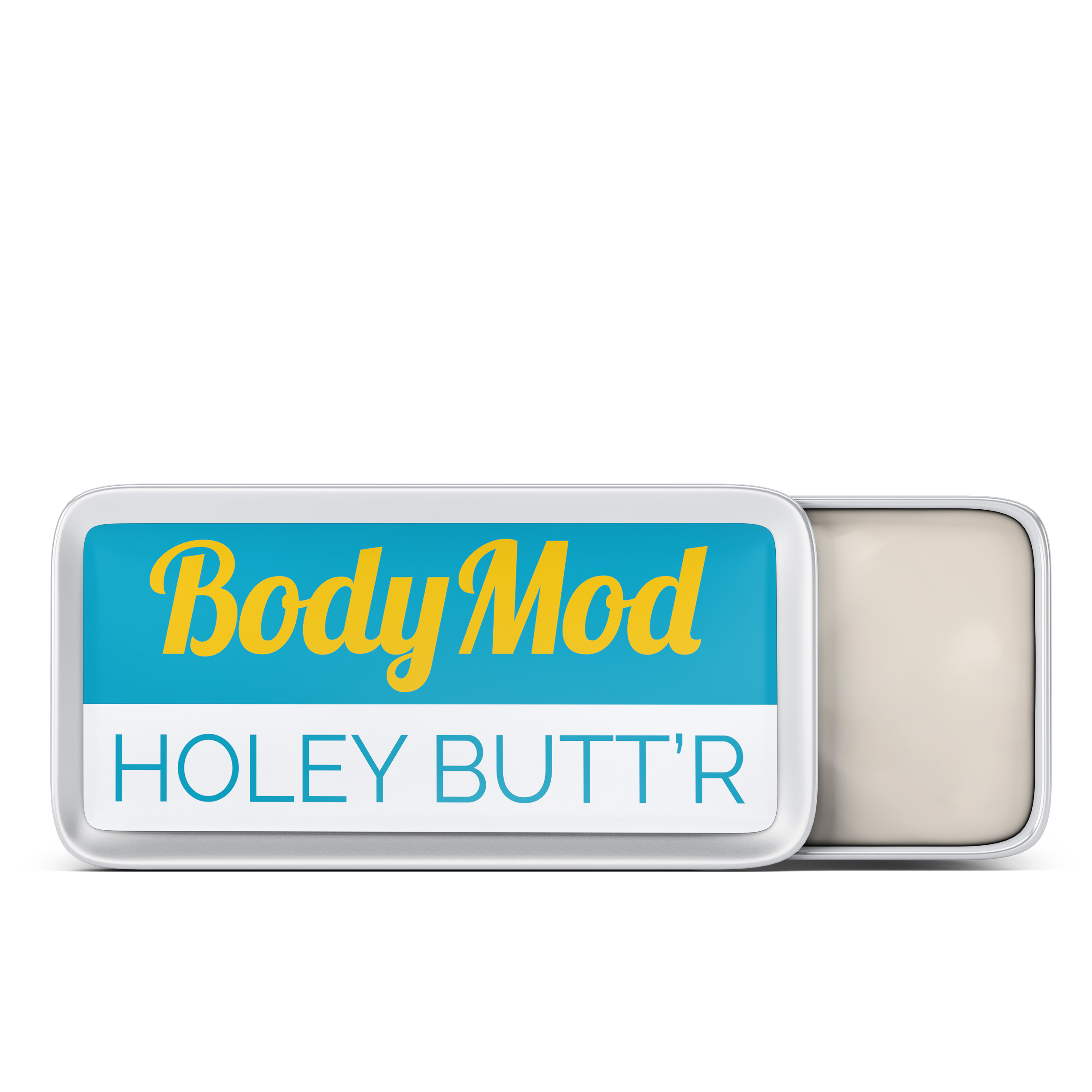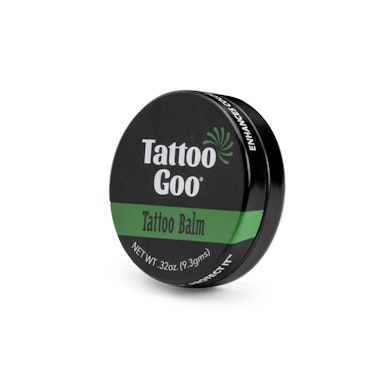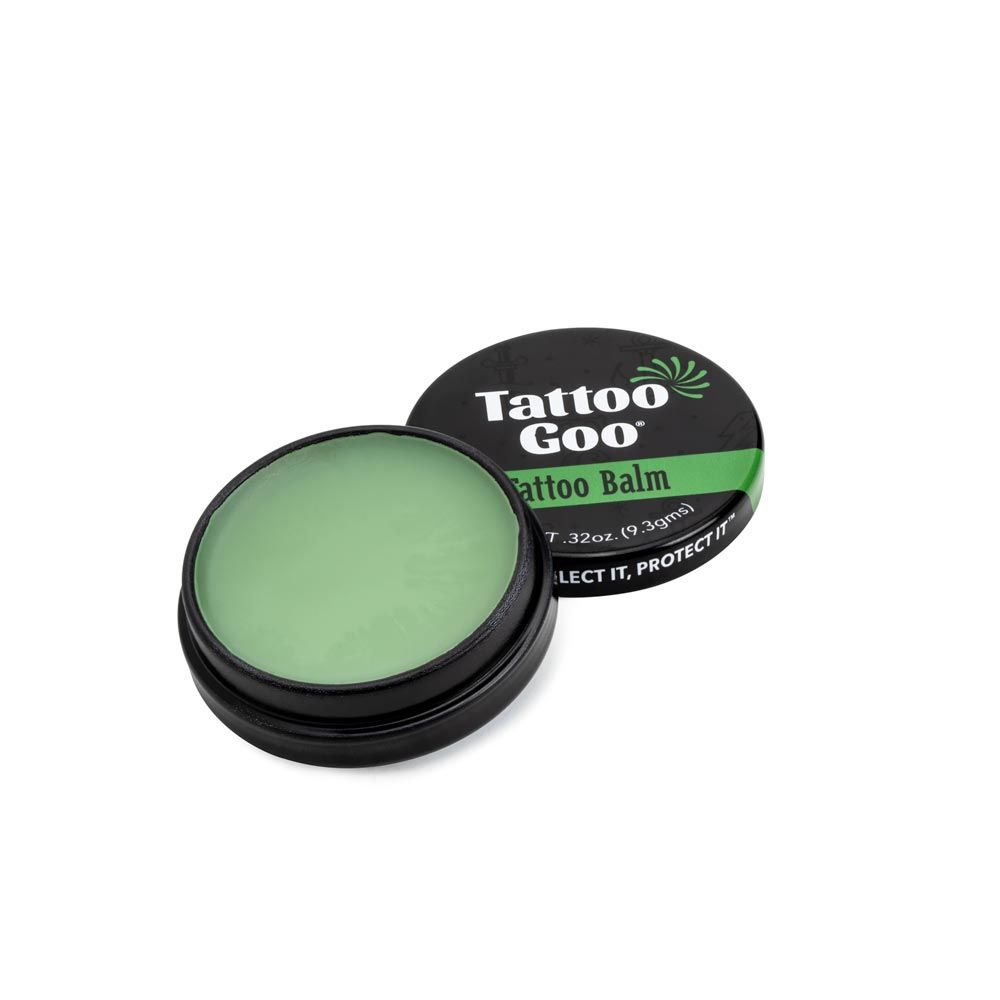Piercing Care
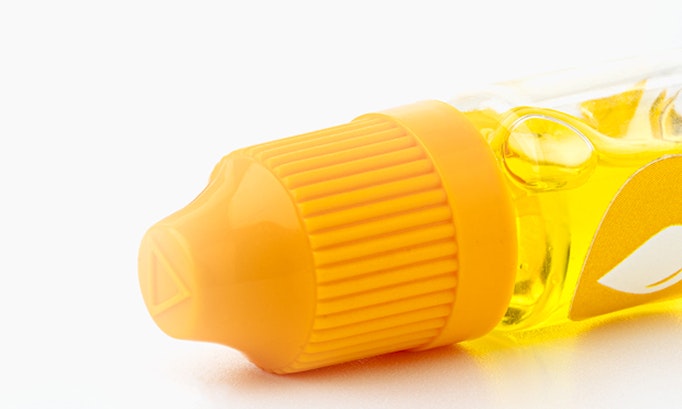
Filters
14 items found
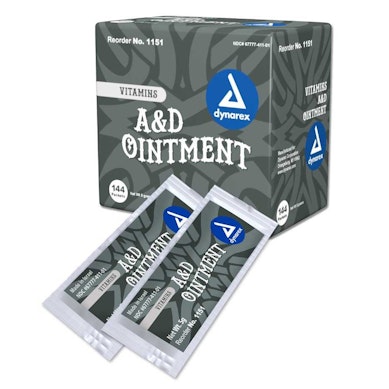 Lubricating vitamin ointmentA$ 2.99
Lubricating vitamin ointmentA$ 2.99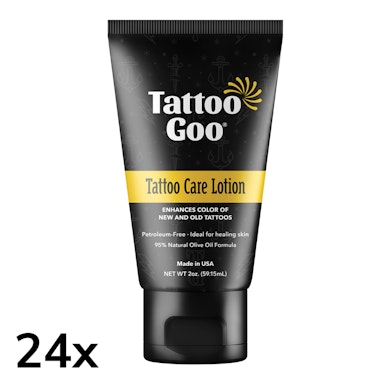 Tattoo Goo - Tattoo Aftercare LotionA$ 212.99
Tattoo Goo - Tattoo Aftercare LotionA$ 212.99
Piercing Aftercare
There’s more to getting a piercing than just a quick visit to the piercer’s studio. If you’ve tried it before, you already know that proper piercing aftercare is essential. Here, you’ll find everything you need to perform the correct aftercare for body piercings while they heal so that you achieve the best results with your new fashion adventure. And thanks to our swift delivery, you don’t have to wait long for these necessary products.
We always recommend cleaning your new piercing twice daily as long as it’s still healing. One cleaning is with water and a delicate soap, so one without perfume, dye or harsh chemicals, and also not an anti-bacterial soap. The other cleaning is with a saline solution. Do these at different times during your day.
In both cases, your piercing aftercare routine begins with washing your hands thoroughly before touching anything, including your piercing and jewelry. Then, apply the soap water or saline solution, as the case may be. Rinse not to leave any residue. To finish, dry the piercing by gently patting it with clean paper towels - not rubbing it or using a cloth towel, which would only irritate the piercing and potentially expose it to bacteria.
Take care not to touch your piercing or jewelry except when cleaning the piercing. During cleaning, still leave the jewelry unmoved as you would only disturb the wound by shifting the jewelry around, and it’s not necessary for the cleaning procedure anyway.
As you can see, aftercare has several vital aspects, and so there are different kinds of piercing aftercare products. First and foremost, the fresh piercing hole is a wound that needs to heal, so the primary purpose of after piercing care is to ensure that it does not succumb to infection. Most piercing types are somewhat exposed, which means that piercing wounds tend to be particularly vulnerable. It’s hard to completely avoid contact with clothes, hands, hair, glasses, etc. but every time something touches the healing piercing, bacteria are introduced into the wound.
Therefore, cleaning the wound well on a daily basis using the right soap is extremely important. If the piercing becomes infected, the healing process is delayed and you will have to be even more patient and careful. It’s also wise to prepare for any unforeseen accidents by carrying disinfectant wipes with you as you go about your day, just in case of some urgent need to clean your piercing on the spot.


Besides cleaning the piercing daily, using a saline solution is just as important. The salt extracts excess fluids from the wound so that it heals more quickly. Although the discharge is a perfectly natural and necessary part of the body’s healing process, an overly oozing wound has a hard time ‘breathing,’ so to speak. Using a saline solution every day is essential to maintain proper hygiene.
That said, you should not use soap or saline solution for a tongue piercing or the inside of a lip or cheek piercing. Instead, use a mouth wash containing no alcohol or hydrogen peroxide. You may consider antiseptic swabs that you can safely use without touching your oral piercing with your fingers. General oral hygiene is also required, so remember to brush and floss after every meal. Use a soft toothbrush that is kept away from other toothbrushes. These piercings may cause plaque to form on your jewelry, so cleaning this is also part of your aftercare routine.
Lastly, prevent the smell and general unattractiveness of a healing wound; some piercing care products are designed specifically for this. A new piercing is naturally prone to swelling or inflammation as it heals, which is a little uncomfortable, so we offer an excellent tea tree oil to deal with that. This is especially useful for stretchings as the stretching process is usually very stressful for the skin.
Piercing Aftercare - Dos and don'ts
We can’t say it enough: wash your hands before cleaning your piercing, and leave it be at all other times! This includes not using any personal care products on or near your piercing, such as lotion or make-up. If you need to moisturize, a safe option is jojoba oil, which emulates the skin’s natural moisture (note: unsafe for oral consumption).
Stick to a fixed cleaning routine. Overdoing it can be just as bad as not doing enough. We know you love your new piercing and want to treat it well, but you'll only upset the wound if you’re too keen on cleaning it constantly. Remember, a healing piercing is very sensitive, so always treat it gently.
Showers are preferable to baths since tubs tend to collect germs. And certainly don’t go swimming, whether in pools, lakes or the ocean, at least not without a waterproof bandage over your piercing.
Pay attention to the cleanliness of your bed. If you’ve got an ear piercing, sleep on the opposite side or consider using a travel pillow with a hole to keep the piercing out of contact with all cloth. For ear and face piercings in general, a top tip is to put your pillow inside a clean t-shirt, turning it to a new surface each night for four nights per shirt.
Some piercings sit in areas that move around a lot, which disturbs the healing process, such as the navel or nipples. It’s a good idea to wear a tight cover, like a sports bra, to spare them the turbulence of everyday life. If you have a dermal (which can sit basically anywhere on your body), a small patch is a versatile solution to this problem.
We want to help you take good care of yourself. So, we’ve got you covered for the essential stuff as well as some of the minor quality-of-life issues you might face during the healing time of your piercing. We can’t wait to see your new style in action!
Piercing Aftercare FAQ
What are the best piercing aftercare products?
While you can use products for general treatment of skin wounds, there’s no reason not to go for specialized products for piercing aftercare. In our store, you’ll find many items produced with your piercing’s needs in mind. For example, it is not advisable to mix your salt water as it needs to be sterile and only have a low concentration of salt in order to not dry out your skin. So, purchasing an isotonic saline solution made especially for your piercing is the ideal choice.
How to clean your piercings?
You should clean your piercing twice a day during the entire healing period. Clean it once with water and a soap suitable for sensitive skin, such as baby soap or intimate soap. Then, later in the day, clean it again with a saline solution by applying it to the piercing - or if you can, dipping your piercing in the solution - for a few minutes before rinsing it off with water. Make sure to clean your hands before every cleaning, and never touch the piercing at any other time, not with your hands, your clothes or anything else.
How long should you do piercing aftercare?
Your piercing aftercare routine begins the day your piercing is made and must be maintained until the piercing is fully healed. So, be patient and don’t skip cleanings. You and your piercing deserve only the best treatment to avoid problems with the healing process, so you must stay on top of it every single day.
How long do piercings usually take to heal?
The healing time varies significantly between piercing types. Earlobe and septum piercings are typically very quick to heal, but even they take 2-4 months. Many types can take up to 12 months, such as nipple and navel piercings and most ear piercings. Of course, how long your piercing will take depends greatly on your aftercare efforts. So, do yourself a favor and do your best to treat your new piercing right so that the healing time will be as short and untroubled as possible.
How will you know when your piercing has healed?
As with any other wound, you can tell that it’s healed once it no longer hurts at all, even when pressure is applied, and the skin is entirely back to its usual smoothness and flexibility with no rough edges, swelling or inflammation. That said, the way our body works, the first step of healing a wound is closing it to prevent infection, which means that although the skin's surface seems fine again, the tissue has not yet finished healing. Monitoring your soreness helps determine if the healing process is still ongoing. If you’re in doubt, it’s better to be safe than sorry and continue the aftercare a little longer, or you may consult your piercer.
Of course, once your piercing has fully healed, you still need to clean it as you would any other part of your body. And keep jewelry in it at all times since even an age-old piercing can grow tighter or close up completely in a matter of minutes if left to its own devices.

